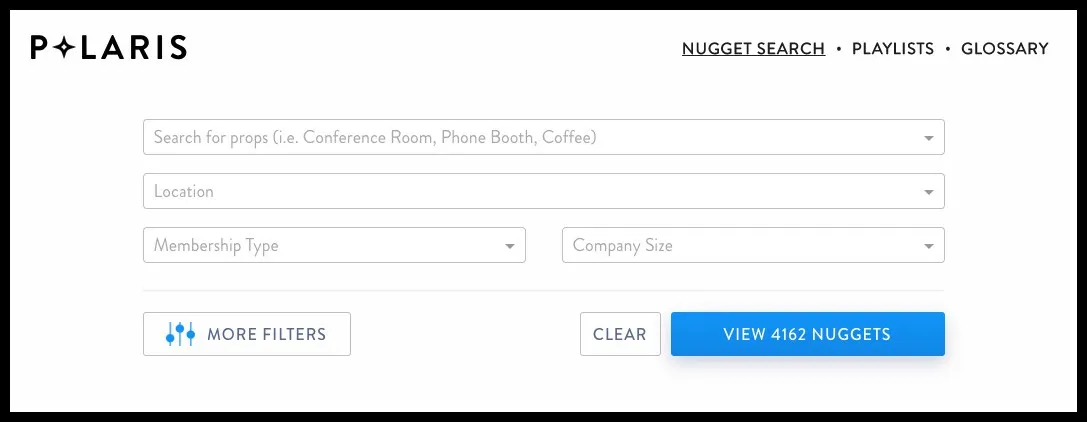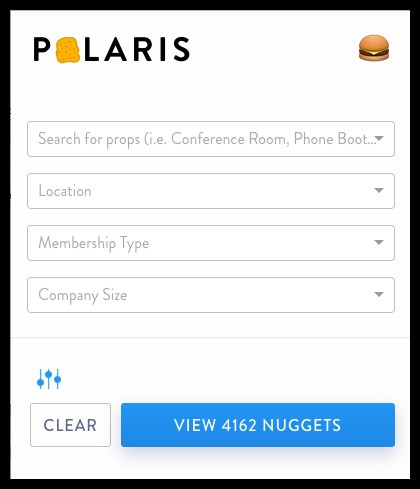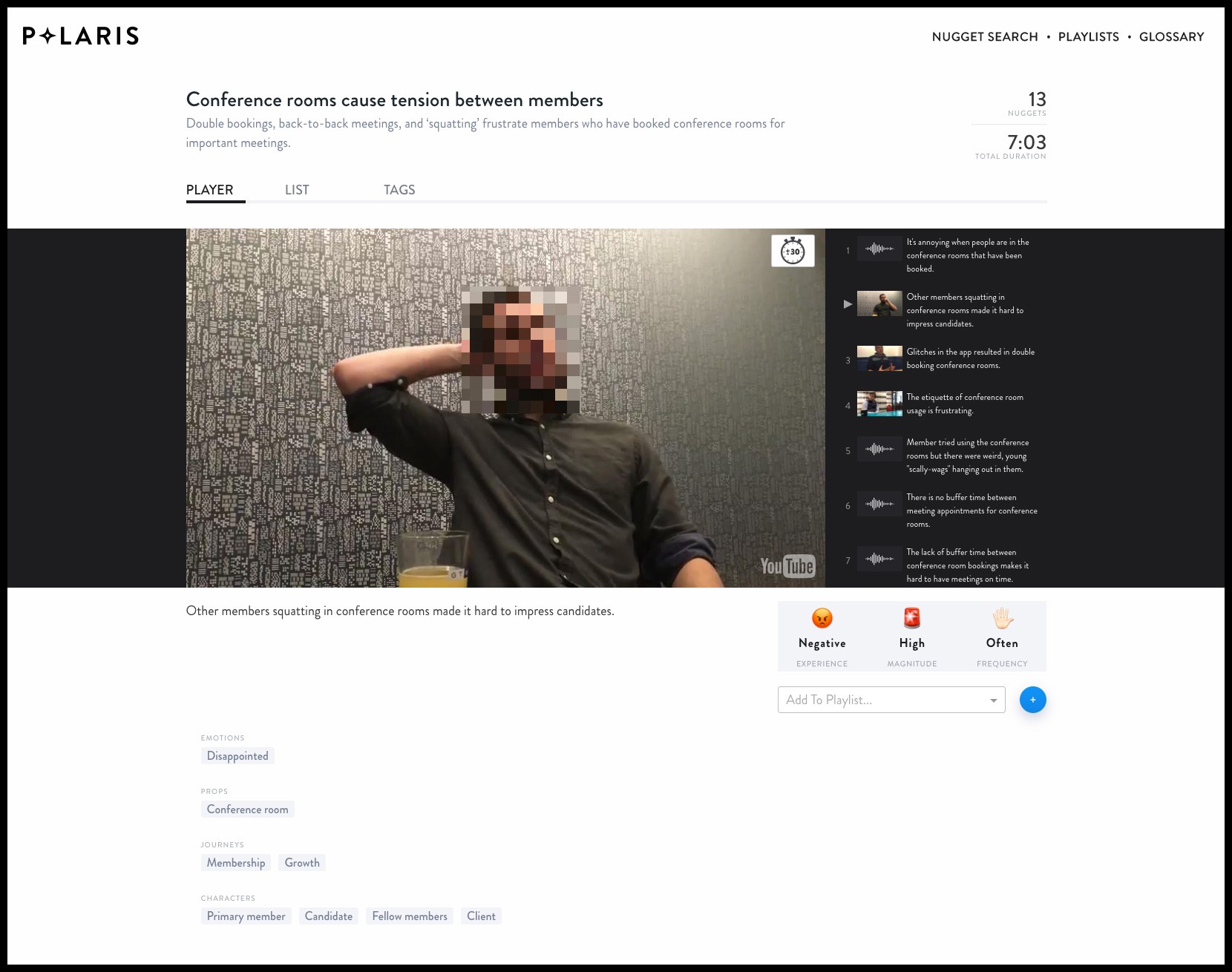The problems we wanted to solve
We identified the following problems:
- Bad research memory. Here’s a scenario that should be extremely familiar to researchers in relatively large organizations: Every day or so, a researcher sends an email to the entire group of researchers in the organization asking if anyone conducted research about a certain topic, what did they do, find, and recommend. By the end of the day, about 10 responses come in with a glorious YES as the answer. 10 other researchers fail to respond although they should have because they did not remember what studies they ran 3 years ago. The researcher decides to run the study he or she is planning anyway. Repeat.
- Research silos. Many departments, teams, and individuals are conducting all sorts of research in an organization. The Data team, Analytics, a group that does A/B testing, researchers who do usability tests, and ethnographers who focus on fieldwork. Marketing is doing focus groups, product managers are interviewing users and go on roadshows, the call center is producing a top 10 list of call topics every month, somebody is measuring NPS, and for whatever reason everybody is doing surveys. Everyone is sharing their reports, results, and updates. Nobody is making sense of ALL of the piles of data being collected.
- Reports. The atomic unit of a research insight is almost always long, fluffy reports and slide decks. If a VP asks, “What do we know about how our users in Germany decide to buy from us?”, there is no one easy way to answer the question. Reports are extremely centered on what was found in a study and are not granular enough to be used in the future. Many studies start with specific goals but end up finding additional important data. Reports fail to convey this data and make it accessible in the future. In addition, you will not be able to persuade me that there is one person on the face of this Earth that wakes up in the morning saying, “YES, I AM GOING TO READ A REPORT TODAY!” Not even one. And I’m not even talking about writing them…
- Research dictatorship. The greatest problem of all is that the only people “allowed” to come up with conclusions after research studies are completed—are researchers. And I am saying that as someone who authored a book about getting buy-in for research by involving stakeholders from the get go. The problem here is that teams and individuals with product ideas need researchers to get user insights. They need them because researchers are trained in conducting valid and reliable studies, and they are the ones with access and supposedly memory about past research.
Say hello to Polaris
We are set out to democratize UX with a system we call Polaris. Our intentions are to meet three needs of WeWork team members:
- Prioritize: Decide whether one project is more important than another based on data rather than passion and gut feeling. Polaris helps with identifying valid and reliable user needs.
- Educate: Polaris helps with getting insights from actual users about a project that is already in progress.
- Allocate: If a team is looking for its next project (big or small), Polaris helps deciding what that project might be.
The atomic unit of a research insight in Polaris is called a nugget. A nugget is a combination of an observation (something we learned), evidence (an audio or video snippet of a user describing the experience in their own words, or a screenshot or photo), and tags that allow for slicing and dicing the data.
Polaris currently includes more than 4,000 nuggets based on hundreds of interviews the UX department has been conducting with WeWork members.

Consuming nuggets starts with a simple search functionality.
The three Cs of Polaris
Polaris allows WeWork team members from all corners of the company to complete the following actions that we call “Polaris’s 3Cs”:
- Consume. Search the Polaris database for interesting nuggets, watch videos, and listen to audio recordings of members talking about their experience.
- Create. Increase the nugget count in the database by allowing anyone at WeWork to create nuggets.
- Curate. Assemble playlists of nuggets and share them with others in the company.

We also made Polaris available on people’s mobile devices, including our inside nuggets and burgers humor.

WeWork team members can curate playlists of nuggets and share them with others.
Polaris is now available to all WeWork team members that are fearlessly exploring it. We are anxiously tracking usage data and see wonderful behaviors such as an Associate Community team member in one of our Chicago locations watching all of the video nuggets coming from members in that building. Our near-term plans include research to understand how useful Polaris is (or isn’t), adding many more nuggets, and making it crazy effortless for anyone at WeWork to add their own nuggets.




